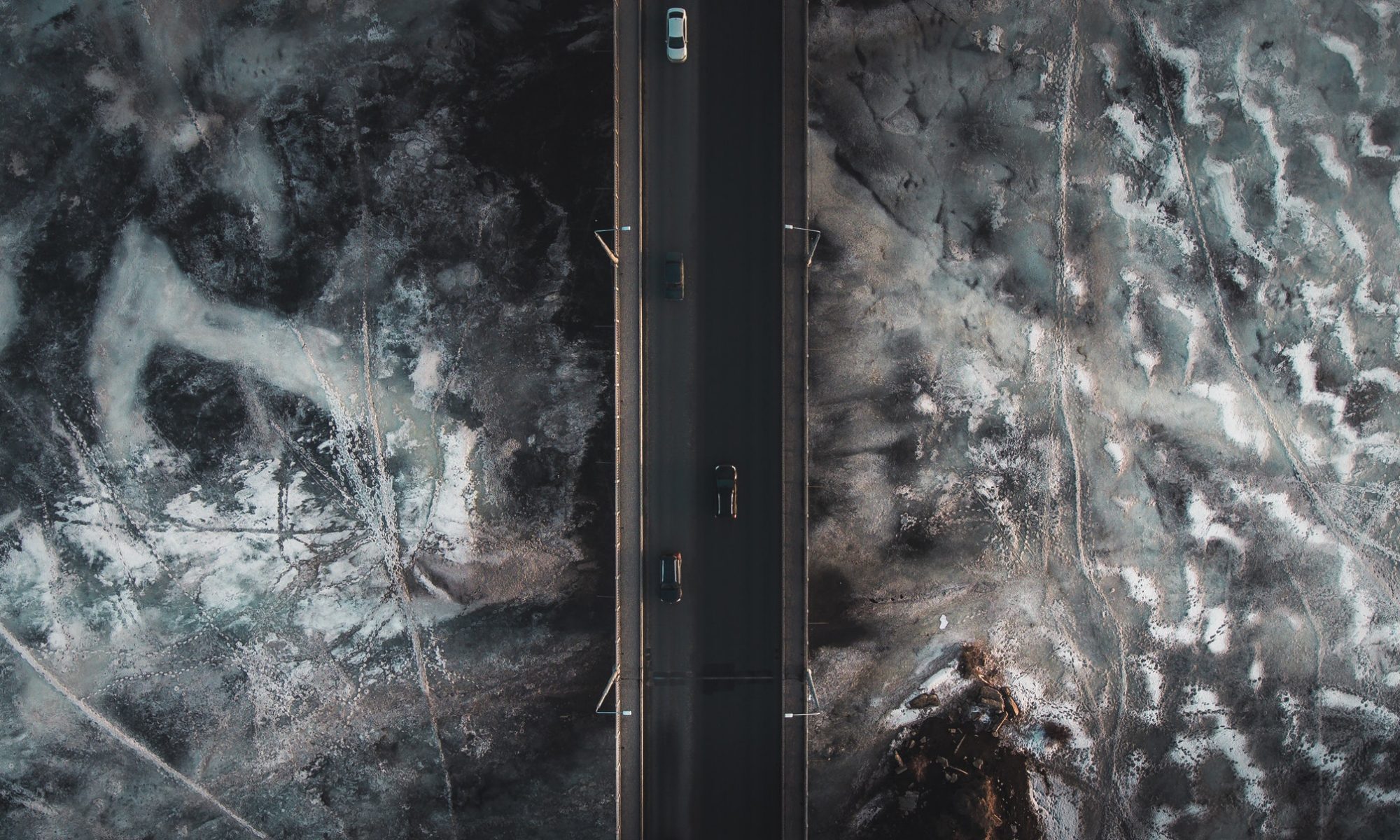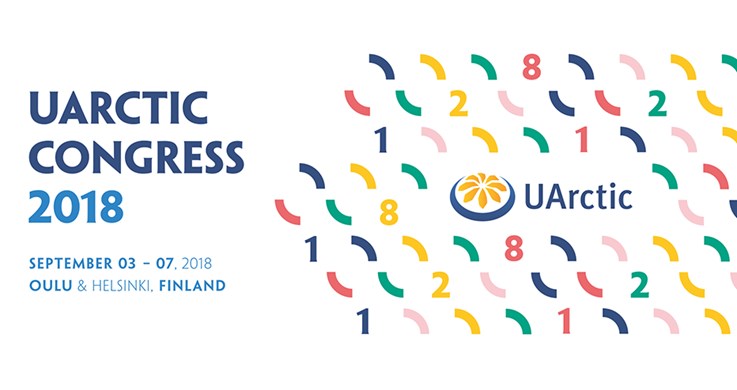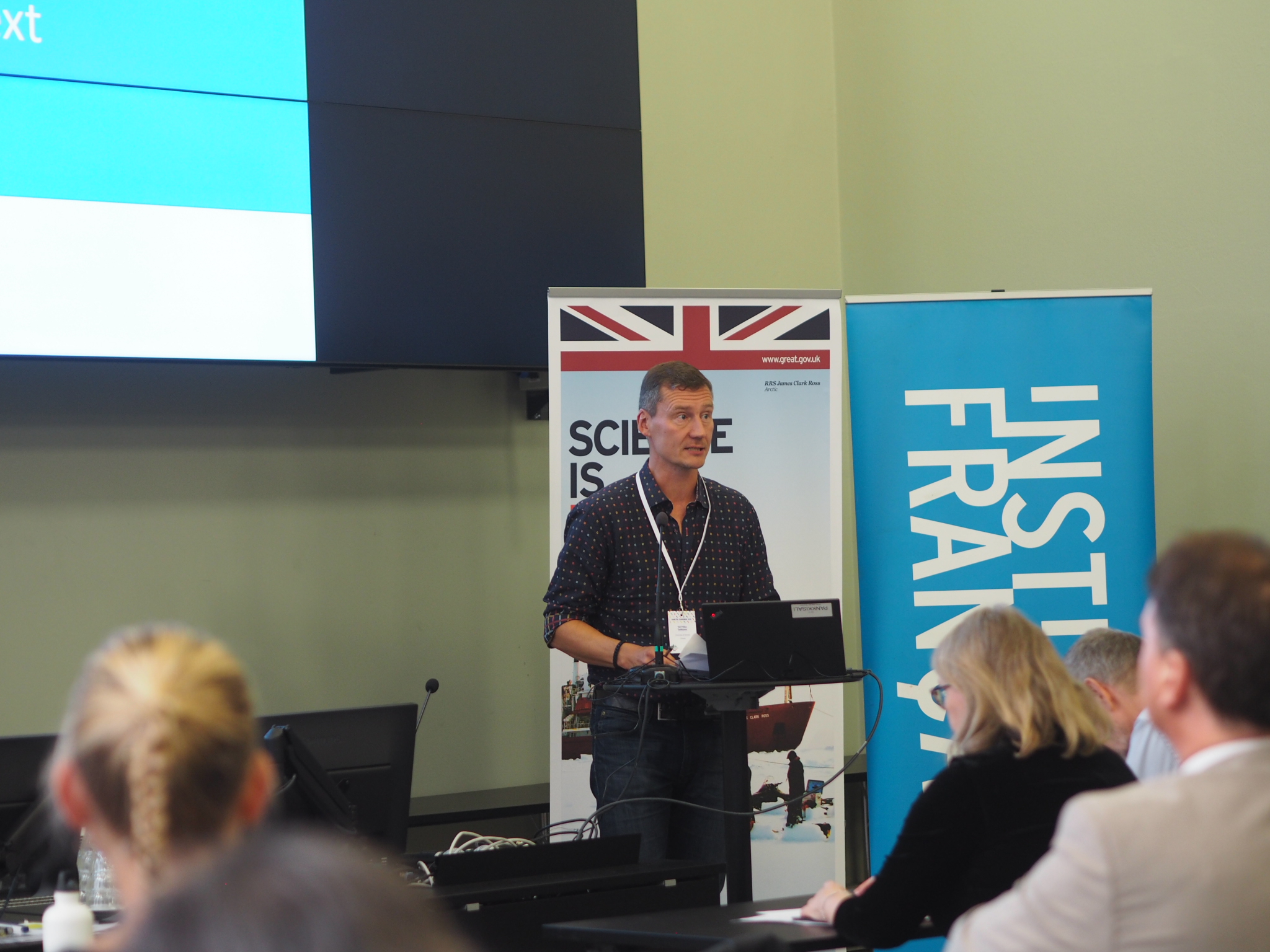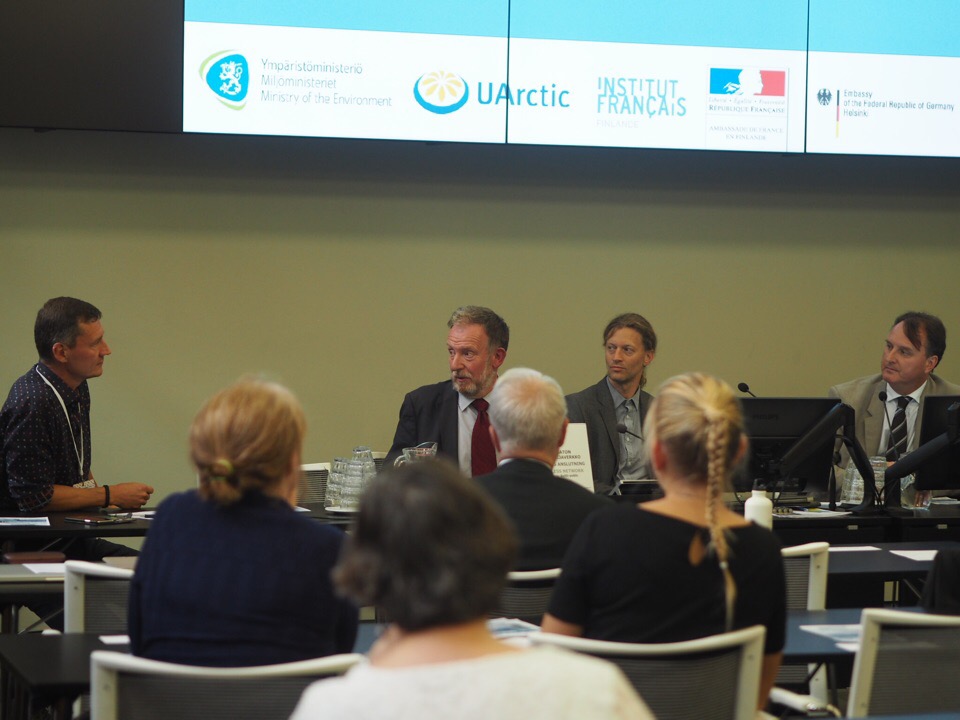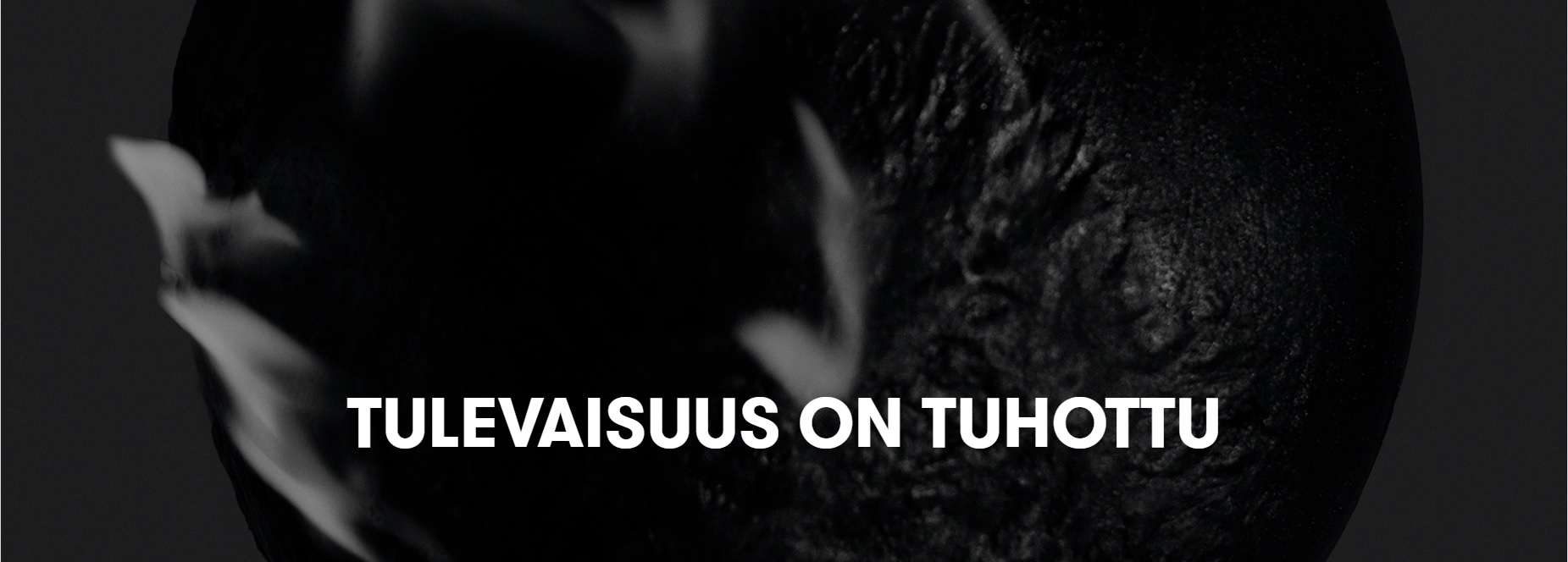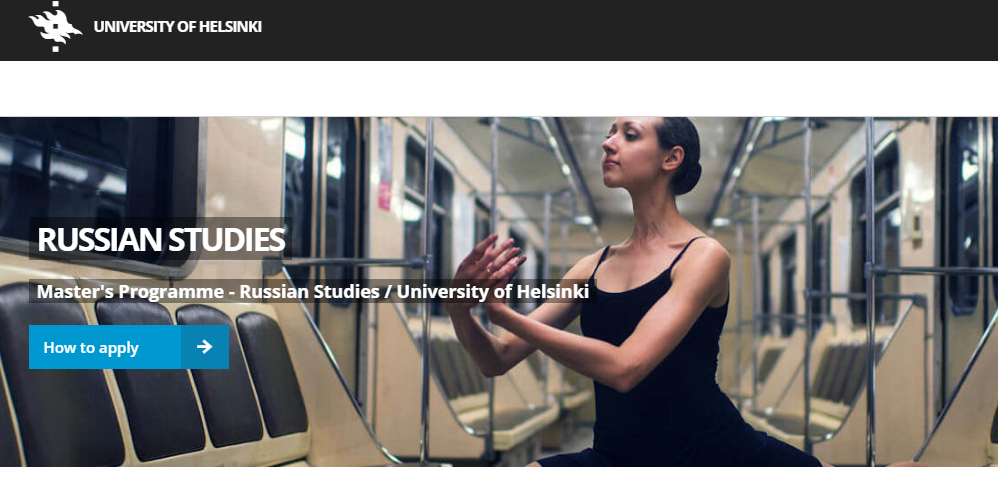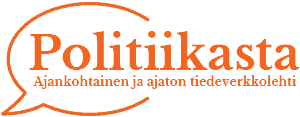Today Professor Veli-Pekka Tynkkynen gave a talk at the morning coffee business meeting, organised by the Finnish-Russian Chamber of Commerce. The FRCC’s ‘Lokalisaatioklubi’ is visiting Saint-Petersburg these days for participation in the business seminar ”Liiketoimintaympäristö Luoteis-Venäjällä” (Business Environment in Northwest Russia).
Professor Tynkkynen gave a speech today on the topic “Venäjä – energiasuurvalta” (Russia – energy great power) at the Consulate General of Finland in St. Petersburg.
Aleksanteri-instituutin Veli-Pekka Tynkkynen puhuu Venäjästä energiasuurvaltana. #venäjä #pietari #energia #yritysaamukahvit #aleksanteriinstituutti #helsinginyliopisto pic.twitter.com/LYKEBRigdc
— Finland in St. Petersburg (@GenConFinSPb) 12 сентября 2018 г.
